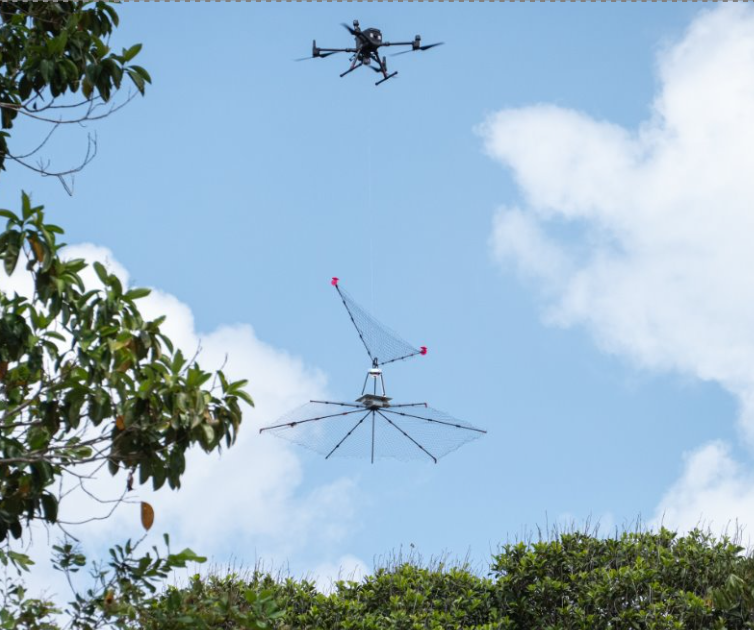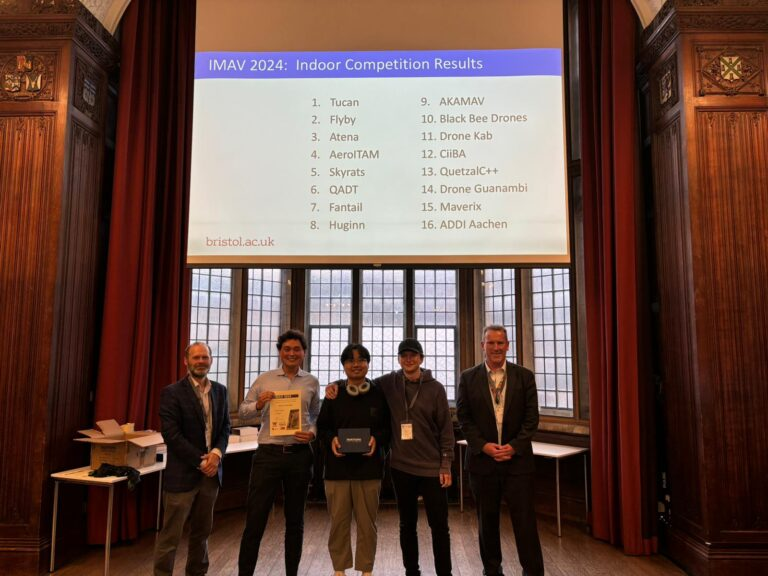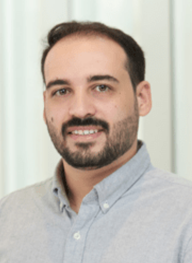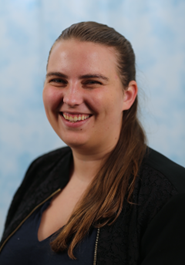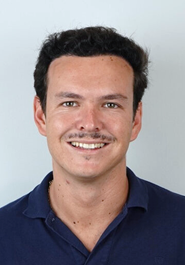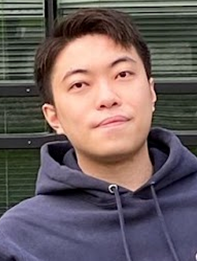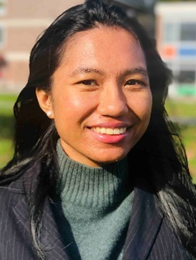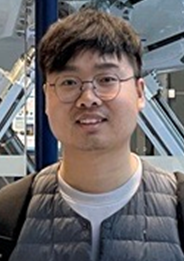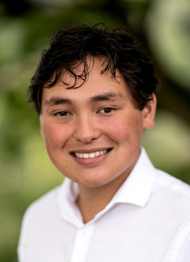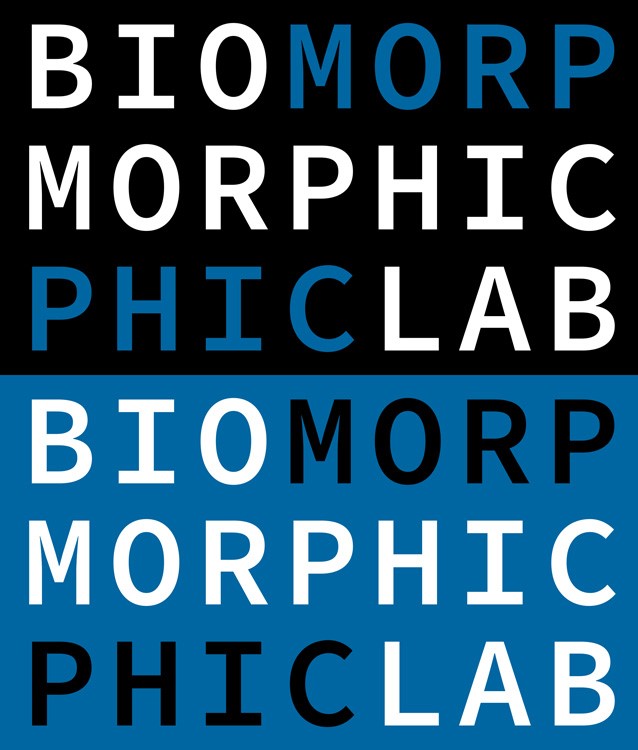Salua Hamaza
Assistant Professor
Director of the Biomorphic Intelligence Lab
About me
Prof. Salua Hamaza is Assistant Professor in Aerial Robotics & Director of the BioMorphic Intelligence Lab at TU Delft, Netherlands. She is also Research Fellow at Imperial College London, Aerial Robotics Lab.
Her research focuses on aerial manipulation. Her robotic solutions take inspiration from biological systems for flying and interaction tasks, aimed at design robot with built-in embodied intelligence.

